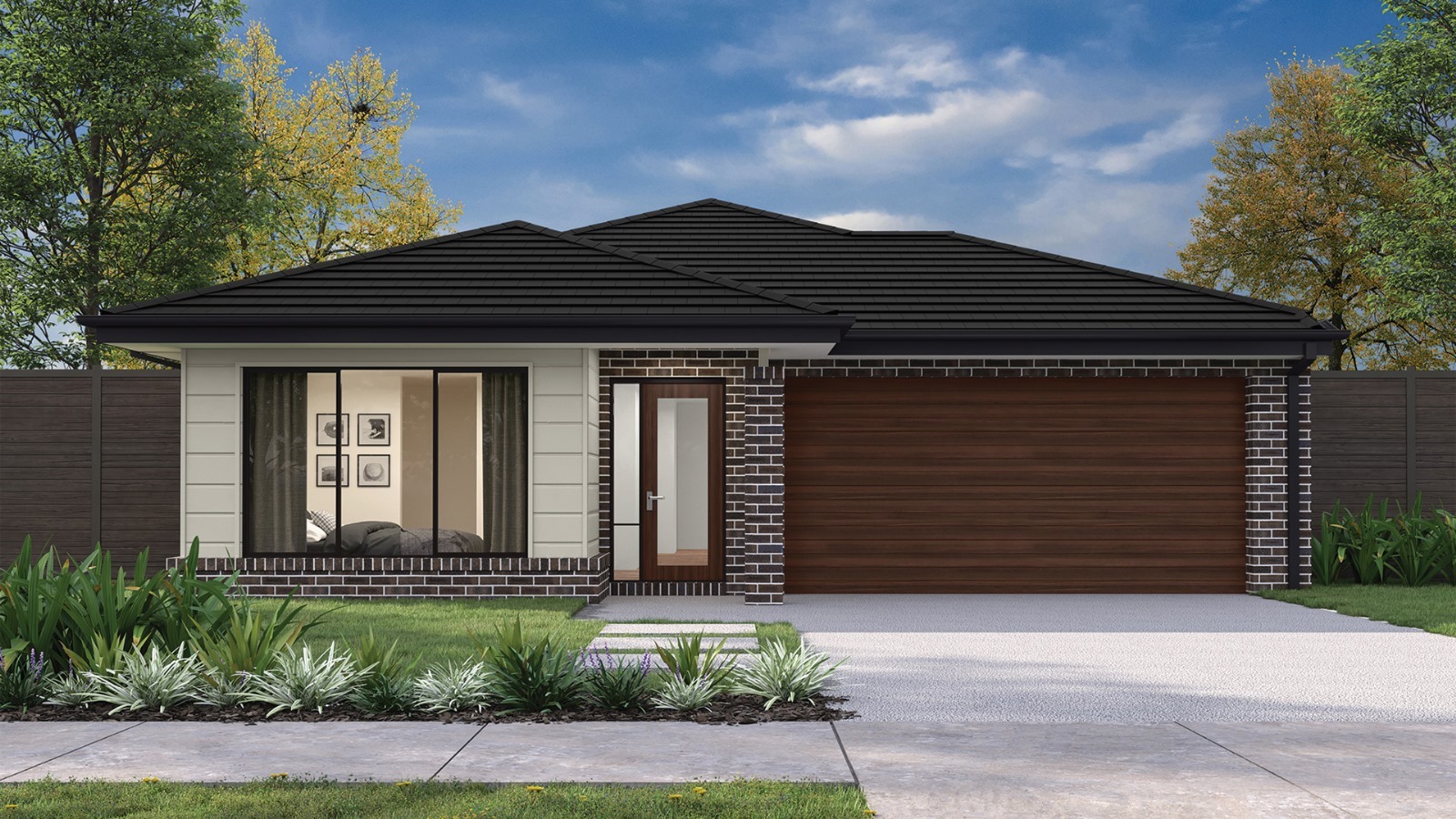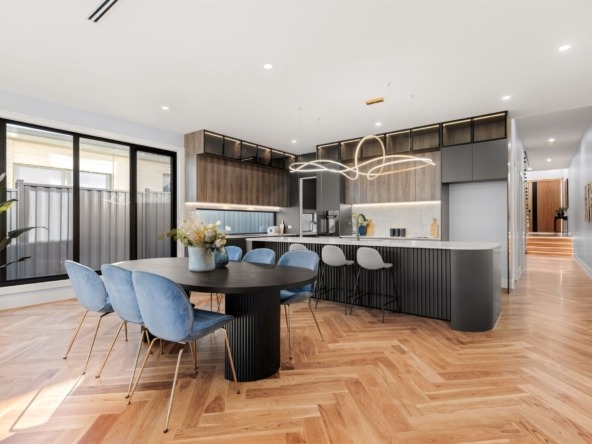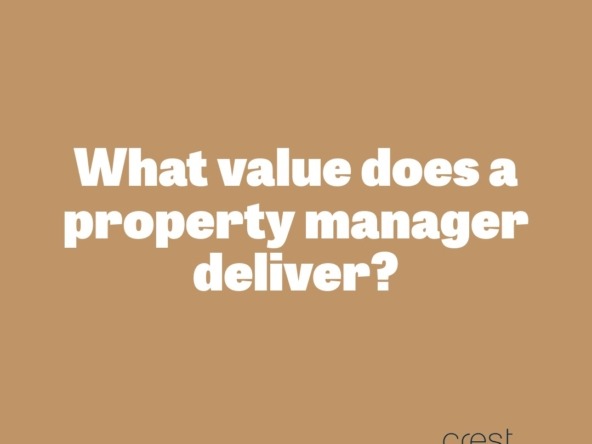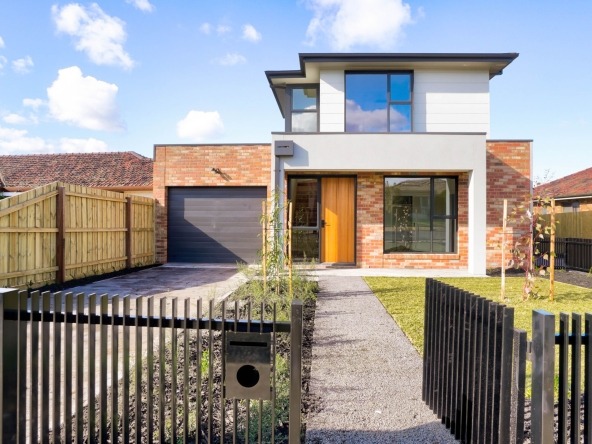Do I focus on capital growth or rental income?
When deciding between focusing on capital growth or rental income for an investment property, it really depends on your financial goals, risk tolerance, and investment strategy. Here’s a breakdown to help you decide:
Capital Growth
- Objective: Increase the property’s value over time.
- Strategy: Typically involves buying in areas with high potential for future development or gentrification.
- Pros:
- Potential for significant long-term gains if the property’s value increases.
- Ideal if you can afford to wait and are looking to sell in the future for a profit.
- Cons:
- Less immediate cash flow, which can be risky if you’re relying on rental income to cover expenses.
- Market conditions can be unpredictable; there’s no guarantee of increased property value.
Rental Income
- Objective: Generate a steady stream of income through rent.
- Strategy: Focus on properties in high-demand rental markets with strong rental yields.
- Pros:
- Provides consistent cash flow, which can help cover mortgage payments and other expenses.
- Useful for investors who want to build wealth gradually through regular income.
- Cons:
- Less emphasis on the property’s future value; rental income might not appreciate as rapidly as capital growth.
- Risks such as tenant vacancies or property management issues can affect income.
Combination Approach
- Balanced Strategy: Some investors look for properties that offer both capital growth and strong rental income. This can be a balanced approach if you want to enjoy immediate returns while still benefiting from long-term value appreciation.
Considerations
- Time Horizon: If you’re investing for the long term and can wait for appreciation, capital growth might be more appealing. If you need regular income or plan to invest in the short to medium term, rental income could be more beneficial.
- Location: Research areas with good prospects for either capital growth or rental yields. High-growth areas often have lower rental yields, and vice versa.
- Financial Situation: Assess your financial capacity and goals. Do you need immediate cash flow, or can you afford to invest in a property with lower yields but higher growth potential?
Ultimately, your decision should align with your overall investment strategy and financial situation. It might also be helpful to consult with a financial advisor or real estate expert to tailor the investment approach to your specific needs.
How to source an investment property?
When sourcing an investment property, there are many opportunities that offer some excellent investment returns. There are many factors and fundamentals that should be considered to measure if the investment is best suited to you or not. Seeking advice from a property adviser (buyers’ agent) will be the best way to buy the right property for you.
If you’d like some assistance sourcing a brand new or off the plan property, please don’t hesitate contact us.
We would welcome the opportunity to help with your property purchase. Our YouTube channel and Market Insights also provide a wealth of information to assist you with many areas relating to property.
While we have taken care to ensure the information above is true and correct at the time of publication, changes in circumstances and legislation after the displayed date may impact the accuracy of this article. If you want to learn more, please contact us. We welcome the opportunity to assist you.
August 2024





